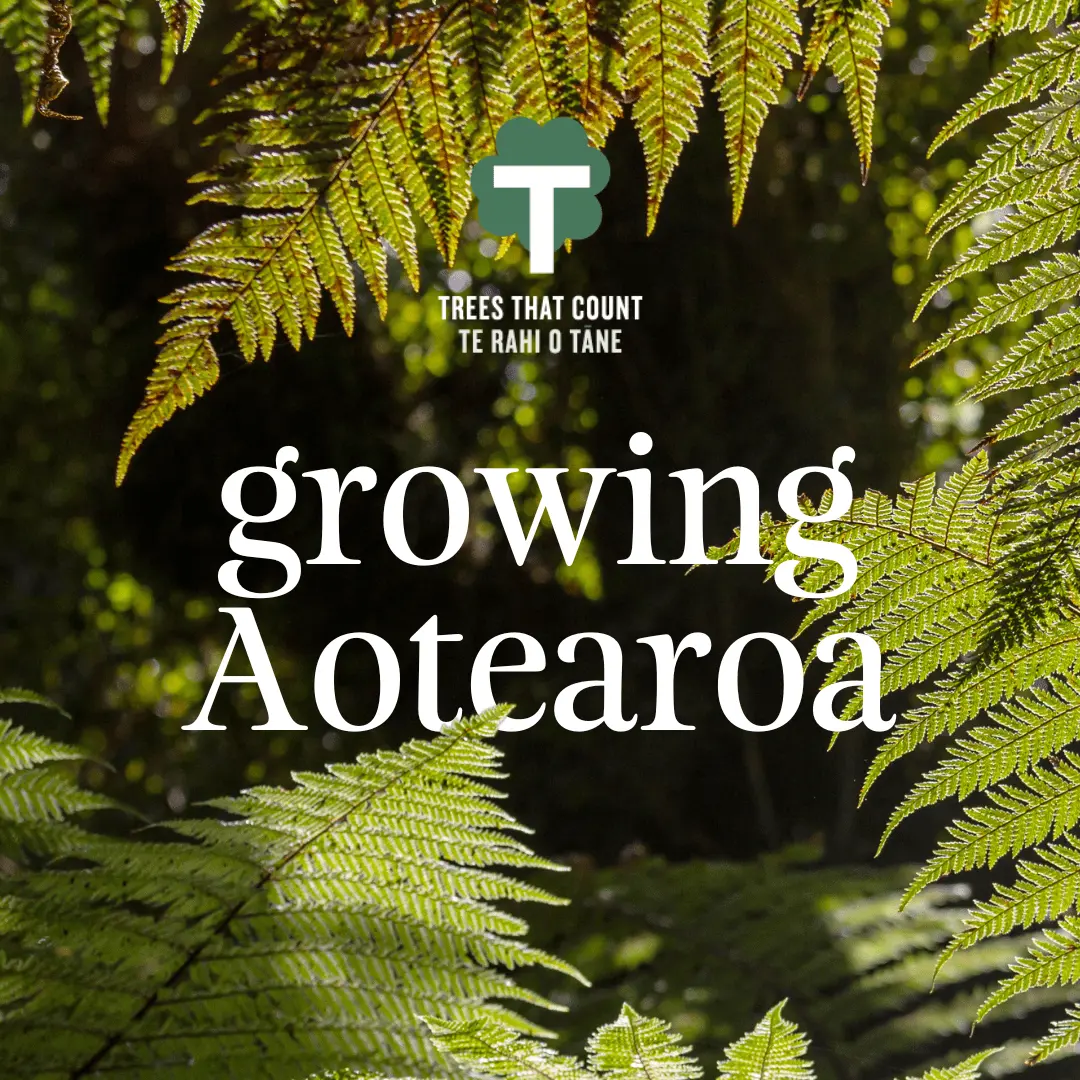‘Most New Zealanders recognize the importance of paying tax and meet their tax obligations.
Some, however, do not. Tax avoidance reduces the integrity of the tax system and erodes social capital. It is also fundamentally unfair, because it means that compliant taxpayers must pay more to make up for the lost revenue’.[1]
The Tax Working Group released its Future of Tax Final Report (Final Report) a few days ago on 21 February 2019, pursuant to the interim report published in September 2018.
The objectives of New Zealand’s tax system are:
- a fair and efficient source of revenue,
- a means of redistribution, and;
- a policy instrument to influence behaviours.
The Final Report encompasses significant tax reform in New Zealand, addressing a broad spectrum
of proposed changes to varying degrees across the New Zealand tax base; capital and wealth, the taxation of business, international income tax, taxation of retirement savings, low income earners, the integrity and administration of the tax system, taxation of charities, environmental tax, FBT and corrective taxes.
Drawing on many different sections of society, including Maori, tax professionals, business, environmental organizations, as well as tax professionals in Australia, the Final Report galvanizes many of the previous conclusions garnered in the controversial September 2018 interim report.
Pursuant to the interim report, the Tax Working Group considered and adopted some of the submissions which were in various forms.
‘Despite differences of opinion on how far such {capital} taxation should go, the Group agreed that whatever is done should be part of the general income tax system, and not a separate capital gains tax regime’.[2]
The Tax Working Group consulted different sectors of the New Zealand population to develop a tax policy framework (He Ara Waiora) that unites Te Ao Maori concepts with the principles of good tax policy.
He Ara Waiora consists of five elements:
- Waiora (wellbeing)
- Manaakitanga (care and respect)
- Kaitiakitanga (stewardship/guardianship)
- Whanaungatanga (relationships and connectedness)
- Ohanga (prosperity)
The Final Report notes that He Ara Waiora ‘appears to have resonated with many people’.[3] It also notes that New Zealand has a relatively narrow tax base in comparison to other countries which benefits the wealthiest New Zealanders through the absence of a capital gains tax.[4]
The Tax Working Group members all agree that there should be capital gains tax upon realization of certain assets including:
- residential rental property investment,
- business assets,
- intangible assets,
- land, and;
- shares.
‘The government does not face a binary choice regarding whether or not to extend capital gains taxation. There is a spectrum of choices for the coverage of assets and the inclusion of each asset class will come with its own costs and benefits’.[5]
Peripheral issues raised in the report include the phasing in, or otherwise, of the taxation of capital gains over a number of years, including the phasing in of the various asset classes mentioned above; the scope to which the taxation should apply, and resources and systems ‘requiring the full attention of the government’.[6]
Business and savings taxation
The Tax Working Group reports that the current company tax rate (28%), and the imputation system do not need to be reduced; however, these should be monitored.
The tax rate for Maori Authorities (17.5%) should be extended to the subsidiaries of Maori authorities.
The Final Report notes that there is little to no incentive for low to middle income-earners to invest in such funds as KiwiSaver to save for retirement. Accordingly, an increase in tax benefits for those earners to encourage retirement saving is recommended. These recommendations include refunding the Employer Superannuation Contribution Tax (ESCT)[7] for KiwiSaver members earning less than $48,000 per year, as well as reducing the KiwiSaver tax rates for low- and middle-income savers.
The Tax Working Group sees a case for making the New Zealand Superannuation Fund exempt from New Zealand taxation. This is important, according to the Final Report,[8] due to the fact that people are living longer, and thus spending more time in the retirement stage of their life than previous generations did.
Proposed changes for low income earners
Low income earners’ wellbeing is recommended to be addressed through welfare transfers. However, certain groups of low-to-middle income earners might be better looked after through a reduction in personal income tax, and there is a proposal to lift the threshold up to which income is taxable at the
current lowest tax rate being 10.5%.
The net amount of benefit received by beneficiaries should be equalized to match the same amount that other beneficiaries on the same income receive to achieve equitable redistribution of tax revenue.
The need for revenue neutrality
The Final Report presents the prediction that taxation on capital gains, if introduced, will generate $8.3 billion over five years. Accordingly there should be a revenue-neutral package of tax reform and four options to achieve this are presented as follows:
- Reduction in personal income tax.
- Greater focus on measures to support businesses and housing affordability.
- Greater focus on assisting lower income-earners to save.
- Greater focus on deferring business tax measures to enable greater savings measures.
‘The integrity of the tax system requires constant vigilance. Tax avoidance erodes social capital. It is also fundamentally unfair, because it means that compliant taxpayers must pay more to make up for the lost revenue’.[9]
The government received many submissions after the interim report was released, including various rejections, modifications, and ratifications with respect to the interim report’s recommendations. The
following taxes have been addressed, and the Final Report recommends that the government not make any changes (or introduce, as the case may be):
- Goods and Services Tax (GST),
- corrective taxes – including alcohol and cigarettes,
- sugar tax,
- financial transactions tax,
- wealth tax, and;
- land tax.
Taxation of Capital Income – the ‘what, when and how’ of how the proposed capital gains tax in New Zealand will apply
Key recommendations include a ‘broad extension of the taxation of capital gains’,[10] as detailed in Volume II of the Final Report.
Assets which would be subject to this include all types of land and improvements, shares, intangible property and business assets.
Exclusions mentioned include the family home, personal use assets including vehicles, boats.
Certain classes of assets, collectively owned Maori assets warrant specific treatment which the government should consult further on with Maori on this front.
Current methods of taxing foreign shares under the fair dividend rate method, and any asset taxed under the financial arrangements rules to remain untouched.
The date at which capital gains should start to be treated as taxable will be in the future, on Valuation Day.
The method of taxation will apply as assets are realized.[11] Other options include on an unrealized basis, such as the deemed rate of return method.
Rollover treatment to apply on certain disposals including on the occurrence of relationship separation, death, business reorganization, small business reinvestment.
Insofar as how taxation of capitals gain is proposed to occur,
- capital gains will be taxed using existing income tax rates and in the case of individuals, at the person’s top marginal income tax rate;[12]
- there will be no discount,[13] nor will there be any adjustment for inflation;
- no deduction will be available for capital losses from the disposal of privately used land;
- losses from some transactions including portfolio share investments, transactions between associated parties, and losses from Valuation Day assets will be ‘ring-fenced’;[14]
- the existing loss carry-forward rules should apply to assets not subject to ring-fencing or classed as disallowed under the private use of land rule.
Transitional rules include there being a five-year window commencing with Valuation Day, for taxpayers to determine a value for their assets as at Valuation Day.
In the event that taxpayers do not determine a value a default value should be available.
Environmental, FBT and other considerations
The Final Report recommends the government reform the Emissions Trading Scheme, New Zealand’s key initiative in reducing carbon emissions, water abstraction and water pollution measures, addresses congestion-related issues including recommending that employers be able to provide public transport subsidies to employees without incurring fringe benefit tax (FBT).[15]
The Final Report recommends changes to provisional tax by increasing the residual income tax (RIT)[16] threshold from $2,500 to $5,000 to reduce compliance, increase the closing stock adjustment from $10,000 to $20,000-$30,000, increase the $10,000 automatic deduction for legal fees and possibly widen the nature of professional fees[17] for which the automatic deduction is permissible, simplification of the depreciation and fringe benefit tax regimes, removal of resident withholding tax on close company-related party interest and dividend payments, and removing the requirement to obtain Commissioner approval for buyer-created tax invoices.[18]
International tax issues
The Tax Working group noted that many submissions were received on the perceived inequity of the way in which multinational firms are subject to tax, notably issues related to the tax treatment of cross border revenues from digital services.
It also noted that other countries such as France, the United Kingdom and Australia are at some stage in progress with introducing a digital services tax.
No major recommendations are made in the Final Report beyond monitoring other countries’ initiatives including moves towards a digital services tax, and to continue New Zealand’s participation in the future of the international income tax framework.
In addition, New Zealand should be on point to introduce a digital services tax should other countries move to do so.
Integrity and administration
The key recommendations in the Final Report include that a taxpayer advocacy service be established for small taxpayers in dispute with Inland Revenue, a crackdown on the hidden economy, and increased enforcement of closely-held companies.
‘Everyone has an opinion on tax. It is a subject that arouses strong passions and even deep disagreements – but it is also a way in which we come together as a society (‘nau te rourou, naku te rourou) to contribute to our
nation’s broader prosperity (‘ka ora ai te iwi’). Tax should matter to everyone’.
‘Over the past year, thousands of New Zealanders have shared their thoughts on the future of the tax system. The Group deeply appreciates the generosity of all submitters who took the time to set out their views to us. The submissions have informed and also challenged us. Our recommendations are better for having received them’[19].
[1] The integrity of the tax system, page 100.
[2] Hon Michael Cullen, Chair, Tax Working Group, Preface page 5.
[3] Executive Summary, The structure, fairness and balance of the tax system, page 7.
[4] New Zealand has a pseudo-capital gains tax regime in which certain transactions
and assets can be subject to New Zealand tax on capital gains and less frequently, capital losses. This can occur on a realized or an unrealized basis.
[5] Executive Summary, Choices and options, The taxation of capital gains page 8.
[6] Executive Summary, The importance of effective implementation page 8.
[7] Tax paid by the employer on the employer’s contribution to an employee’s KiwiSaver fund.
[8] Executive Summary, Retirement Savings, page 10.
[9] Executive Summary, The integrity of the tax system, page 12.
[10]Summary of recommendations, Capital and wealth, page 15.
[11] New Zealand’s income tax rules tax certain gains on a unrealized basis; ie before disposal of an asset, for example under the Foreign Investment Fund (FIF) regime.
[12] The top individual income tax rate is currently 30%; companies without LTC status are taxed at a flat rate of 28%.
[13] Australia’s capital gains tax regime includes the ability to ‘discount’ a capital gain depending on a number of factors being met, including the holding period and use of the asset.
[14] Only able to be offset against capital losses of the same nature.
[15] FBT is a tax imposed on benefits provided to employees, and is incurred by the
employer.
[16] RIT is the threshold over which a taxpayer must pay provisional tax in New Zealand.
[17] Other types of professional fees could include accounting fees, consulting fees and management
fees.
[18] As the name suggests, the purchaser of goods or services raises an invoice instead
of the seller of the goods or services.
[19] Executive summary, Final words page 14.
















